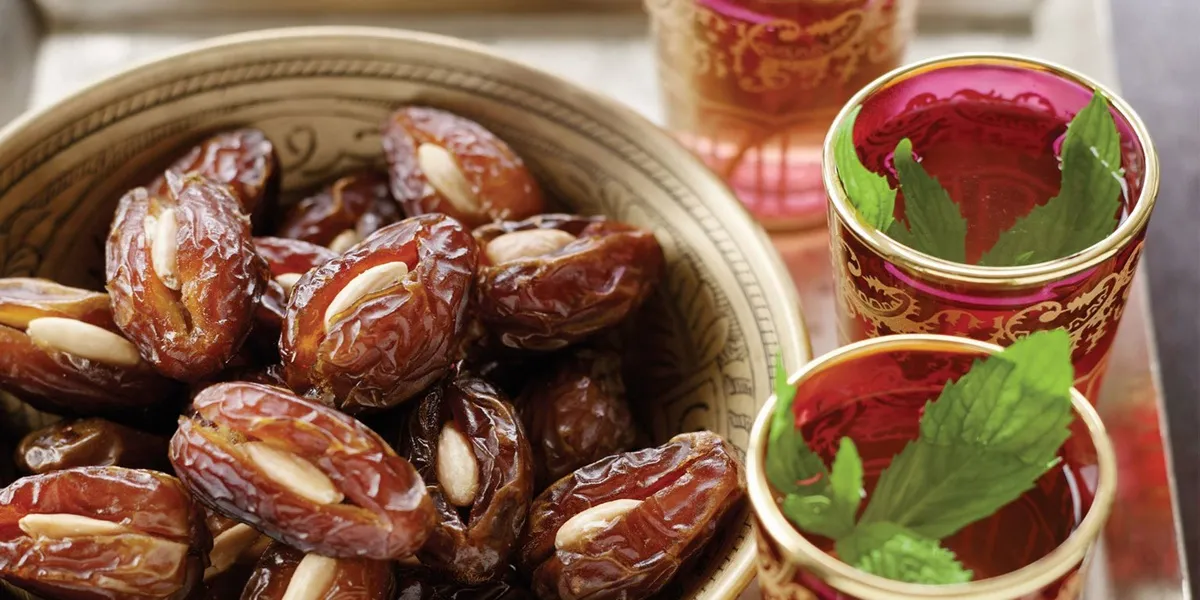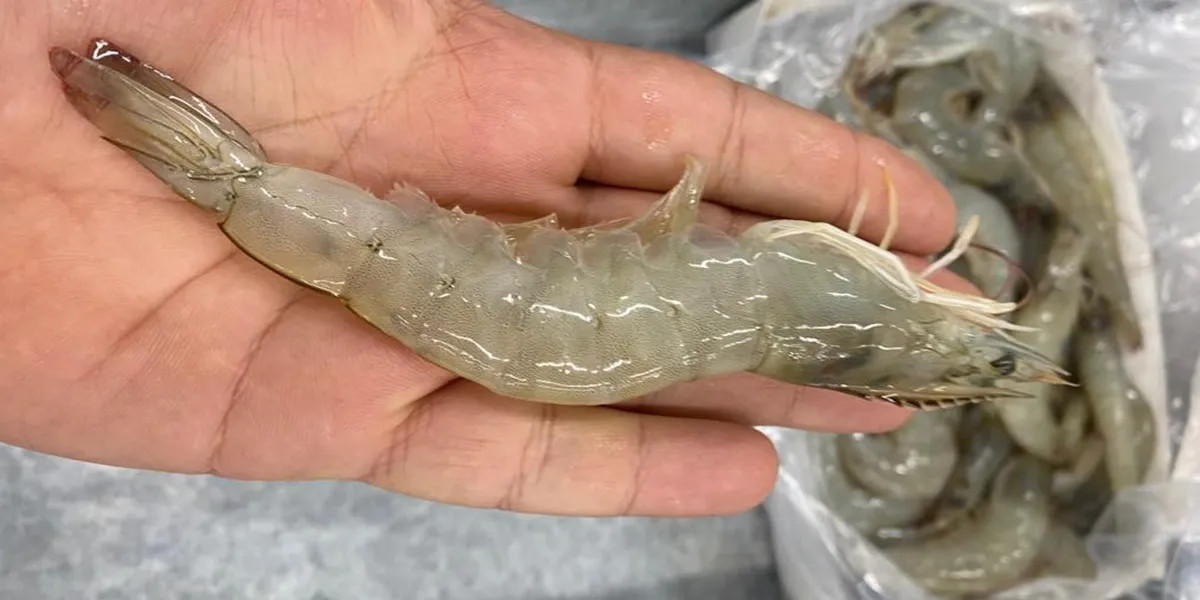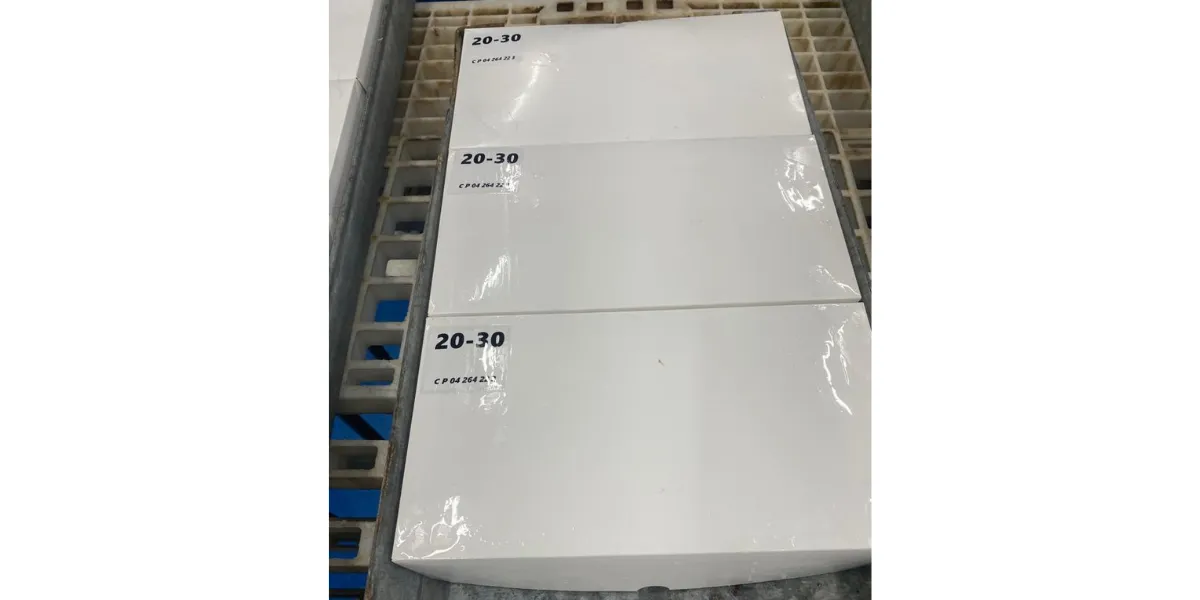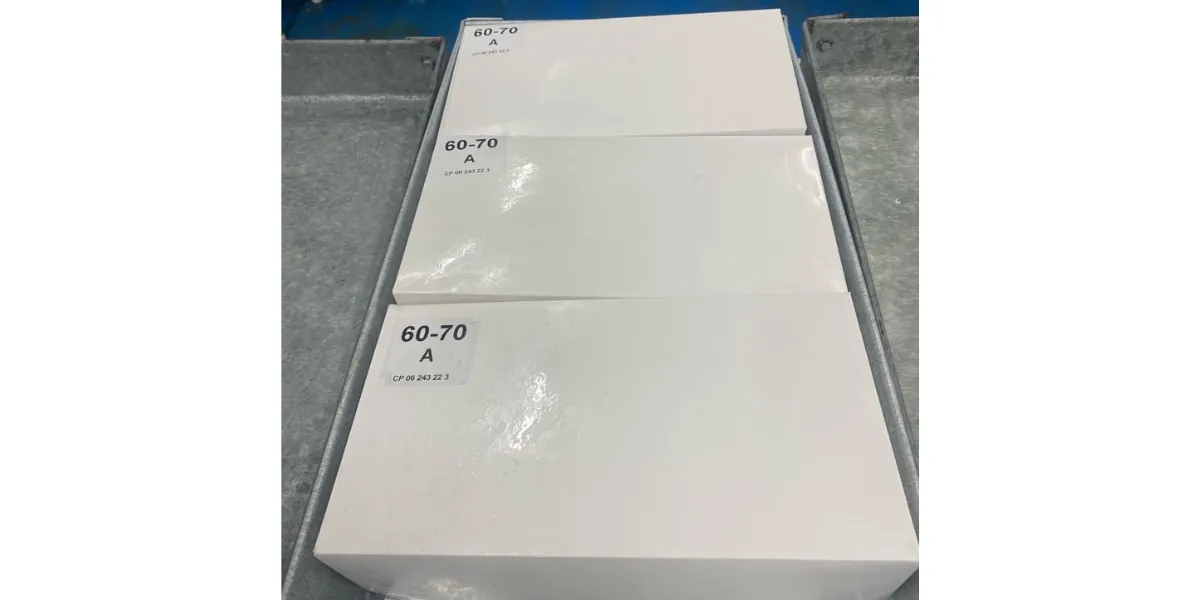In recent years, Persian dates have captured the attention of health enthusiasts, nutritionists, and culinary experts around the world. Known for their rich taste, remarkable nutritional profile, and versatile uses, these natural fruits are being recognized as a superfood with immense potential. As global awareness about healthy diets and functional foods grows, the demand for Persian dates is steadily increasing, positioning them as one of the most sought-after fruits in international markets.
Nutritional Powerhouse: Why Persian Dates Are Superfoods
Persian dates are packed with essential nutrients that contribute to overall health. These fruits are naturally rich in vitamins, minerals, and dietary fiber, making them an excellent choice for those looking to boost their daily nutritional intake. Below is a table summarizing the nutritional benefits of 100 grams of Persian dates:
| Nutrient | Amount per 100g | Health Benefits |
|---|---|---|
| Calories | 277 kcal | Provides energy for daily activities |
| Carbohydrates | 75 g | Supports physical activity and brain function |
| Dietary Fiber | 7 g | Promotes digestive health and regularity |
| Protein | 2 g | Aids in muscle repair and growth |
| Potassium | 696 mg | Helps maintain healthy blood pressure |
| Magnesium | 54 mg | Supports bone health and energy production |
| Vitamin B6 | 0.2 mg | Improves brain function and metabolism |
| Iron | 0.9 mg | Supports red blood cell production |
This combination of nutrients makes Persian dates an ideal addition to a balanced diet, supporting everything from heart health to cognitive function. Their natural sweetness also provides a healthier alternative to refined sugar, making them suitable for a variety of recipes and snacks.
Types of Persian Dates
Iran is one of the largest producers of dates in the world, and the country boasts a diverse range of Persian date varieties. Some of the most popular types include:
- Mazafati Dates: Soft, dark, and exceptionally sweet, Mazafati dates are often consumed fresh or used in desserts.
- Zahedi Dates: Light-colored and semi-dry, Zahedi dates have a mildly sweet flavor and are rich in dietary fiber.
- Piarom Dates: Known for their unique aroma and thin skin, Piarom dates are considered one of the premium varieties in Iran.
- Kabkab Dates: Firm, medium-sized dates with a chewy texture, perfect for baking and snacking.
Each variety has unique characteristics, allowing consumers to choose based on taste, texture, and intended use. This diversity also gives Persian dates a competitive edge in international markets.
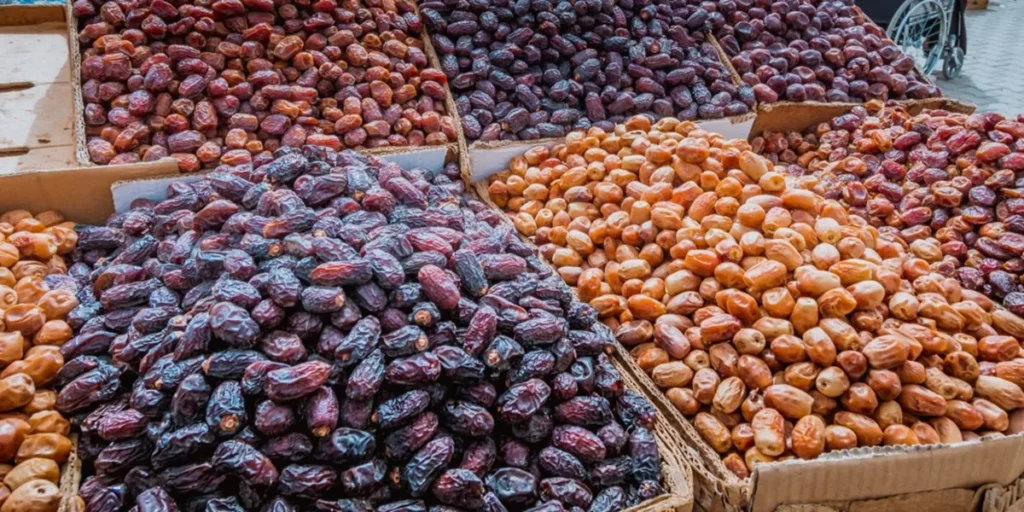
Health Benefits of Persian Dates
Persian dates offer numerous health benefits, which contribute to their rising status as a superfood. These benefits include:
- Boosting Energy Levels:
Dates are high in natural sugars like glucose, fructose, and sucrose, which provide instant energy, making them ideal for athletes and those with active lifestyles. - Supporting Digestive Health:
The high fiber content in Persian dates promotes healthy digestion, reduces constipation, and supports a healthy gut microbiome. - Enhancing Heart Health:
Potassium and magnesium in Persian dates help regulate blood pressure and support cardiovascular health. Studies have shown that regular date consumption may reduce the risk of heart disease. - Promoting Bone Strength:
Dates contain essential minerals such as calcium, phosphorus, and magnesium, which are vital for maintaining strong bones and preventing osteoporosis. - Improving Brain Function:
The presence of vitamin B6 in Persian dates supports brain development and function, improving memory and cognitive performance.
Culinary Uses of Persian Dates
Beyond their nutritional benefits, Persian dates are highly versatile in the kitchen. Their natural sweetness allows them to be incorporated into a wide range of dishes:
- Snacks and Energy Bars: Dates can be blended with nuts and seeds to make healthy, energy-packed snacks.
- Desserts and Sweets: From traditional Persian sweets to modern pastries, dates add flavor and natural sweetness.
- Breakfast Dishes: Chopped dates are commonly added to oatmeal, yogurt, or cereals for a nutritious start to the day.
- Cooking and Baking: Dates are used in stuffing, sauces, and even savory dishes to enhance taste and provide natural caramel notes.
Their culinary flexibility has contributed to their global popularity, as chefs and home cooks alike incorporate them into creative recipes.
Global Demand for Persian Dates
Persian dates have seen a significant surge in demand across international markets. Countries in Europe, North America, and Asia increasingly import these premium fruits due to their quality, taste, and health benefits. Several factors have contributed to this trend:
- Health Consciousness: Consumers are seeking natural, nutrient-rich foods, and dates perfectly fit this trend.
- Cultural Cuisine Influence: Persian cuisine’s rising popularity worldwide has introduced international audiences to high-quality Persian dates.
- Premium Quality: Persian dates are known for their superior flavor and texture compared to other varieties, attracting global buyers.
- Sustainable Production: Many Iranian date farms use environmentally friendly practices, appealing to eco-conscious consumers.
Tips for Choosing and Storing Persian Dates
To fully enjoy the benefits of Persian dates, it’s important to select and store them properly. Here are some helpful tips:
- Choosing Dates: Look for dates that are plump, moist, and free from crystallized sugar or mold. Darker varieties usually indicate higher natural sweetness.
- Storage: Store dates in an airtight container in a cool, dry place. For longer shelf life, refrigeration is recommended.
- Serving Suggestions: Dates can be eaten fresh, blended into smoothies, chopped into salads, or used in baking.
Conclusion
Persian dates have successfully positioned themselves as one of the world’s most desirable superfoods. Their impressive nutritional profile, diverse varieties, versatile culinary applications, and global demand highlight their growing significance in the health food industry. Whether consumed as a snack, used in cooking, or incorporated into health-focused diets, Persian dates provide a natural, delicious, and nutrient-rich option for people seeking better wellness and taste. As awareness about functional foods continues to rise, Persian dates are poised to remain a staple in households and markets around the globe.
(FAQ) Persian Dates
- What are Persian dates?
Persian dates are nutrient-rich fruits from Iran, known for their natural sweetness and health benefits. - Why are Persian dates considered a superfood?
They are packed with vitamins, minerals, fiber, and natural sugars, supporting energy, digestion, and heart health. - How can I eat Persian dates?
They can be eaten fresh, added to desserts, breakfast dishes, snacks, or used in cooking and baking. - How should Persian dates be stored?
Keep them in an airtight container in a cool, dry place; refrigeration extends their shelf life. - What are the most popular types of Persian dates?
Mazafati, Zahedi, Piarom, and Kabkab are among the most popular varieties.

